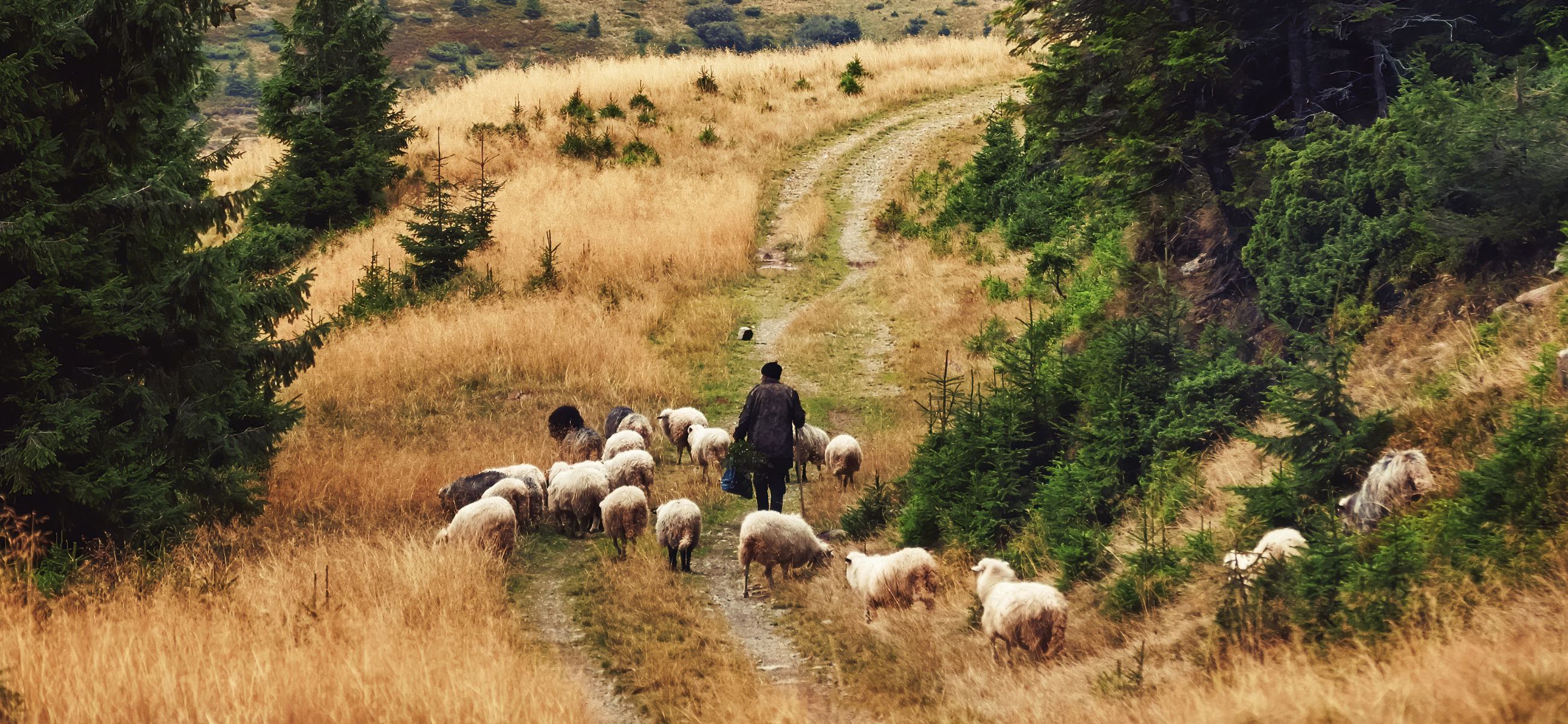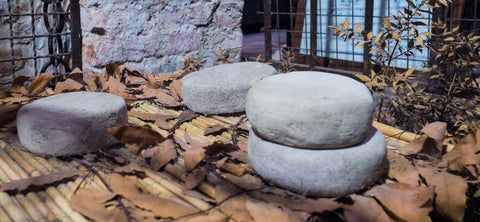
Cheese has an ancient history and it just keeps getting better
I’ve always thought that one of the coolest things about cheese, and making cheese, is that it’s one of the world's oldest and most beloved foods, arguably it was one of the most important foods that enabled human groups to travel further together through inhospitable northern winters, with a history that spans thousands of years and encompasses cultures and cuisines from around the globe. Being a part of that rich history feels like a privilege. From its vital beginnings as a way to preserve milk, to its current status as a culinary delicacy which people get (quite rightly) obsessed with, cheese has played an important role in human history. In this blog post, we'll take a journey through time and explore the, quite frankly, fascinating history of cheese.
Ancient Origins
The origins of cheese can be traced back to ancient times, when people first began domesticating animals and using their milk for food. Legend has it that cheese was discovered by accident when a shepherd boy stored milk in an animal stomach and it curdled - he noticed that it separated into curds and whey. Then it was noticed that the curds could be drained, salted, and preserved, creating a long-lasting and nutritious food source. All the best innovations come from a mistake or accident! Early cheese production remained a simple process that involved little more than letting milk sour and then separating the curds from the whey. Over time though, cheese making became more sophisticated and intentional, with the introduction of starter cultures and rennet to speed up the curdling process and create a wider variety of cheeses.

Cheese in the Middle Ages
During the Middle Ages, cheese making became a highly specialised and respected craft, with different regions developing their own unique cheeses and cheese-making traditions. Monasteries and abbeys played an important role in cheese production, with monks and nuns often producing cheese as a way to support themselves and their communities. Cheese also played an important role in the diets of mediaeval peasants, who relied on cheese as a source of protein and calories. Cheese was often used as a substitute for meat during times of scarcity, and it was also a common ingredient in soups, stews, and other dishes.

Cheese in the Modern Era
In the modern era, some sections of cheese production have become a highly specialised and technologically advanced industry, with many cheese makers using cutting-edge equipment and techniques to create a wide variety of cheeses.
Cheese has also become a global phenomenon, with people from around the world enjoying everything from Swiss cheese to cheddar to the blue cheeses we make. Despite these changes and the advances in equipment and industrial methods, the basic principles of cheese making remain the same.
Here at Shepherds Purse we balance the art with the science and the purpose of of what we do is to nourish. Nourish our communities by fuelling farming, taking the exceptional milk produced by well cared for animals and creating something wonderful with it to nourish people and bring us together.
Whether it's a simple cheese you could make at home, or a complex aged blue, cheese is still created through the process of curdling milk, draining the curds, and adding salt and other ingredients to create a unique flavour and texture. Time, temperature and moisture content are also important factors. Today, cheese remains one of the world's most beloved foods and it's a beautiful thing that it’s still minimally processed whole food, with a rich history and a bright future. From its humble origins in ancient times to its current status as a creative gourmet delicacy, cheese continues to nourish and delight people all around the world.

